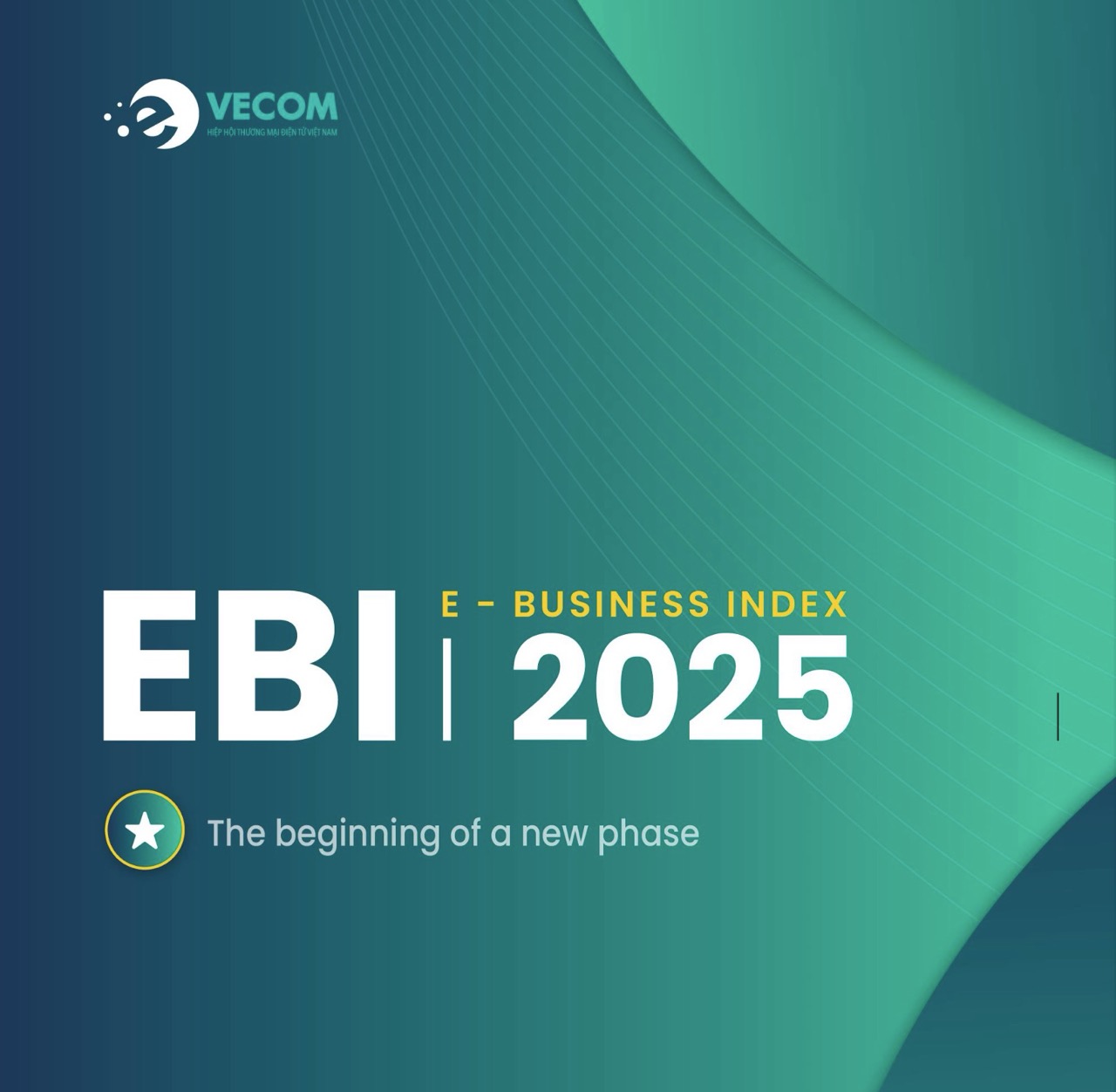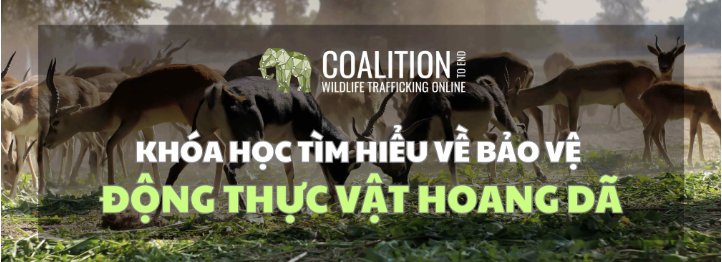The Vietnam E-commerce Association (VECOM) assessed that our country's e-commerce has developed rapidly in recent years and will continue to have a high growth rate for many years to come. However, this growth has revealed many unsustainable factors. At the 2023 E-Business Index Report, VECOM analyzed that it is time for us to switch from fast growth to sustainable growth. Deploying the circular economy is a solution to make e-commerce more environmentally friendly, contributing to achieving the goal of sustainable development.
The Institute of Strategy and Policy on Natural Resources and Environment is tasked with drafting the Prime Minister's Decision approving the National Action Plan to implement the circular economy to 2030, with a vision to 2050, which is expected to be submitted to the Prime Minister by the end of 2023.
| Institute of Strategy and Policy on Natural Resources and Environment is a public scientific and technological non-business unit under the Ministry of Natural Resources and Environment, with the function of helping the Minister to research, propose, develop strategies and policies on the fields under the state management of the Ministry; conducting scientific research, providing public services, consulting and training in resource management, environmental protection and response to climate change in accordance with the law. |
In order to strengthen cooperation to promote both sustainable e-commerce and circular economy, on July 6 2023, VECOM's delegation had a meeting with the Institute of Strategy and Policy on Natural Resources and Environment. Vice President Dr. Mai Thanh Dung attended the meeting.

At the meeting, the representative of VECOM proposed to introduce the Sustainable E-commerce Development Program to the Institute, focusing on three areas:
i) Environmentally friendly e-commerce: E-commerce is increasingly negatively affecting the environment, in which last-mile delivery and delivery services are one of the main factors.
ii) Narrowing the gap in e-commerce development localities: By 2020, Hanoi and Ho Chi Minh City accounts for 70% of e-commerce in the country. The goal is to reduce this rate to 50% by 2025. However, without drastic solutions, this target will not be achieved.
iii) Human resources: Human resources have not met the needs of e-commerce development, especially high-quality human resources trained at universities.
Dr. Lai Van Manh on behalf of the Institute introduced draft 1.0 National Action Plan to implement circular economy. Next, the two sides exchanged and agreed on a number of cooperation contents:
Firstly, the two sides actively participate in each other's events to introduce the circular economy and e-commerce to a wide range of stakeholders. For the Order Fulfillment Forum 2023 – Towards Green E-Commerce (https://fs.vecom.vn/), the Institute will send staff to present draft 1.0 of the National Action Plan to implement circular economy along with proposals related to implementing circular economy in e-commerce.
Secondly, the representative of VECOM highly appreciated the draft containing four contents related to e-commerce. The two sides realized that e-commerce can be a useful tool to support the implementation of the circular economy more effectively. In the coming time, the two sides will work closely to understand the relationship between these two fields and add e-commerce-related contents to the next drafts of the National Action Plan.
Thirdly, VECOM expressed interest in the Vietnam Circular Economy Network. The Institute representative introduced this Network (https://vietnamcirculareconomy.vn/) as an open organization and VECOM will consider joining at the appropriate time.
Fourthly, in addition to bilateral cooperation, the two sides agreed to jointly implement circular economy activities in broader frameworks, towards the goal of environmentally sustainable development.
The two sides also exchanged a number of contents in order to promote research, propaganda and dissemination of the relationship among e-commerce, circular economy, environment and sustainable development.





























